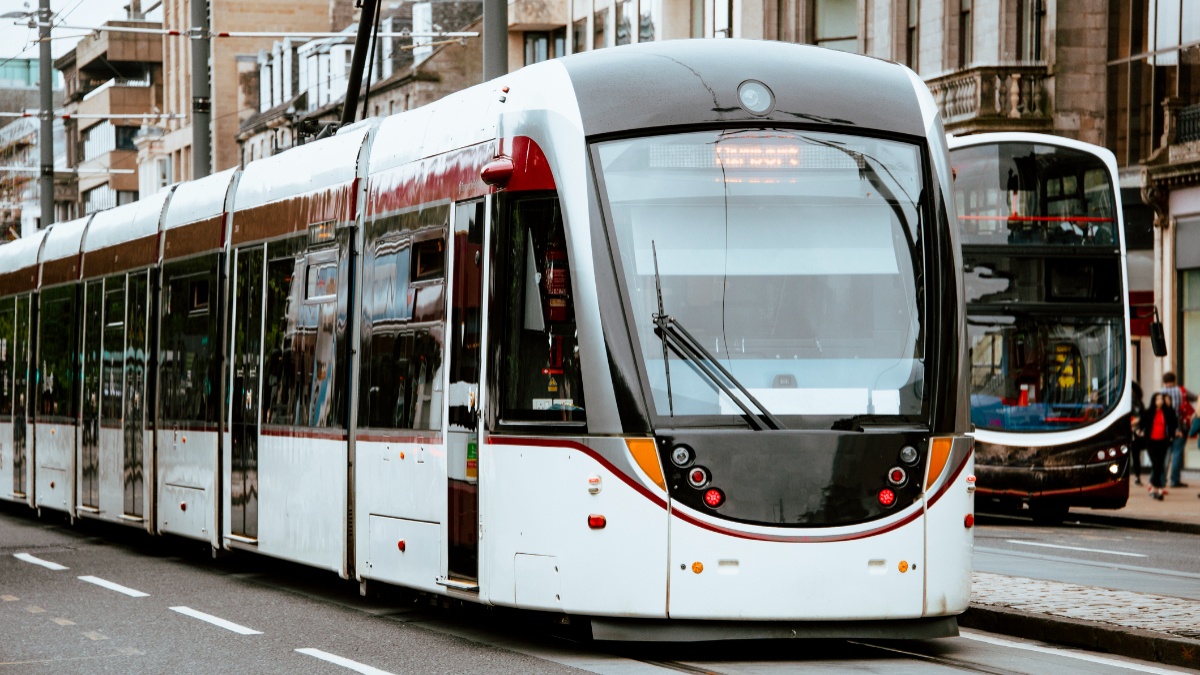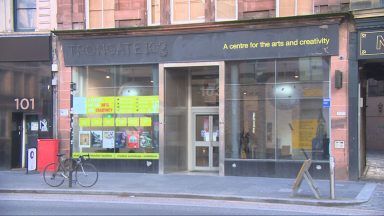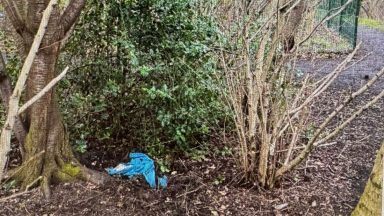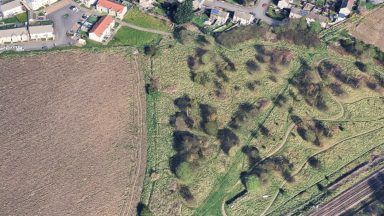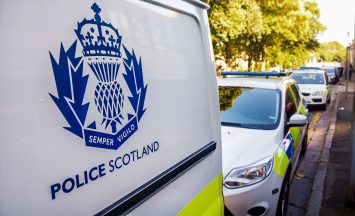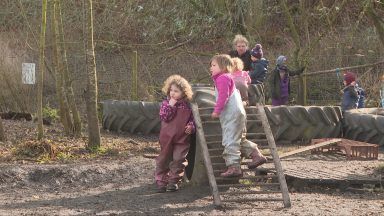The true cost of the Edinburgh’s delayed, overbudget and limited tram scheme was underestimated by more than £230m, a public inquiry into the project has concluded.
Lord Hardie accused bosses of “abdicating responsibility on a large scale” over the contentious light rail network and recommended ministers consider new legislation allowing for civil or criminal action to be brought against those who knowingly submit reports that include false statements to councillors.
In an excoriating 955-page report, Lord Hardie said City of Edinburgh Council, its arms-length tram firm TIE (Transport Initiatives Edinburgh) and Scottish ministers were at fault for a “significant and lasting impact on the lives and livelihoods of Edinburgh residents, and the reputation of the city.
The probe – set up to establish why the project was £400m over budget, shorter than originally planned and delivered five years late – has been the subject of national scrutiny due to long delays over its publication.
Public hearings concluded in 2018, but the report was only sent to be printed in May this year.
The full report runs to nearly 1,000 pages and makes 24 recommendations, including a review of how future inquiries should be conducted.
Lord Hardie said the inquiry cost £13.1 million to the end of July but the net cost to the public purse was kept to £8.7 million by using existing resources.
Part of his report said the decision of John Swinney, who was finance secretary in 2007, to scale back the involvement of Transport Scotland was a mistake.
Lord Hardie accused TIE of “mismanagement,” stating the company “played a significant role in the failure to deliver the project on time and within budget and to the extent projected.”
A row between the firm and the companies charged with building the line resulted in the parties going to mediation and resulted in the local authority handing out a £66m compensation payment.
Former Edinburgh Trams chairman David Mackay branded the scheme “hell on wheels” after quitting his post in 2010.
Lord Hardie said warning letters had been sent to those criticised in the report last year in order to give them a right to reply.
The 8.5-mile track between Edinburgh Airport and York Place was initially said to have cost £545m and took seven years to complete.
However, it was shorter than the initial two-line plan that would have encompassed Granton, Newhaven and Roseburn as proposed by the Labour-led Scottish Government in 2003.
It was only meant to cost £375m under those blueprints, though was at risk of being scrapped when the SNP came to power in 2007, only for that to be overturned by opponents at Holyrood.
However, Lord Hardie said the reported cost was an understatement because the local authority allocated costs to other budgets that truly related to the project and failed to include the net present value of borrowing £231m to complete the restricted line.
There was also a substantial claim by a landowner of which there had been no awareness at the date of the reported cost, which at one stage stood at £776m.
It means the best estimate of the initial tram project – which began running in 2014 – is around £835.7m.
A second arm of the network, connecting York Place with Newhaven via Leith Walk, opened earlier this year having been delayed by the coronavirus pandemic at a cost of £207m.
Lord Hardie said: “What is clear from the Inquiry’s work is that there was a litany of avoidable failures on the parts of several parties whose role it was to ensure that public funding was spent effectively and to the benefit of Scotland’s taxpayers, and that the Edinburgh Trams Project was delivered efficiently.
“Poor management and abdication of responsibility on a large scale have had a significant and lasting impact on the lives and livelihoods of Edinburgh residents, and the reputation of the city.”
The Scottish Government’s transport secretary, Mairi McAllan, said the inquiry took “too long,” claiming some of the evidence heard “did not support the conclusion drawn”.
“The Scottish Government places the highest importance on the efficient spending of public money,” she added:
“It is why the public inquiry was set up and given statutory powers to thoroughly investigate matters. It is also why we committed significant resources to diligently support the Inquiry and to engage meaningfully and openly with it.
“Clearly all organisations and individuals who gave evidence to the Inquiry, including the Scottish Government and Transport Scotland who have just received the report, must take our time to consider the detail and the recommendations.
“Having done that I will provide a more comprehensive response to Parliament, and respond to Members’ questions, in due course.”
Cammy Day, the leader of Edinburgh council’s administration, said he would consider the report carefully, but added the first part of the tram line had “flourished” in the nine years since it had opened and the latest route to Newhaven is “extremely popular”.
He said: “From a first reading of the report, it’s clear that serious mistakes were made and that this had a significant impact on the city.
“There’s no getting away from the fact that the original project caused a great deal of disruption to residents and businesses, as well as damaging the city’s reputation, and on behalf of the council I want to apologise for this.
“I won’t, however, apologise for building a tram system or for our ambition to develop it further.
“After all, creating a better-connected, environmentally-friendly transport system is essential for a modern, successful city and we need to transform the way people move around if we are to achieve our net zero goals.”
Follow STV News on WhatsApp
Scan the QR code on your mobile device for all the latest news from around the country


